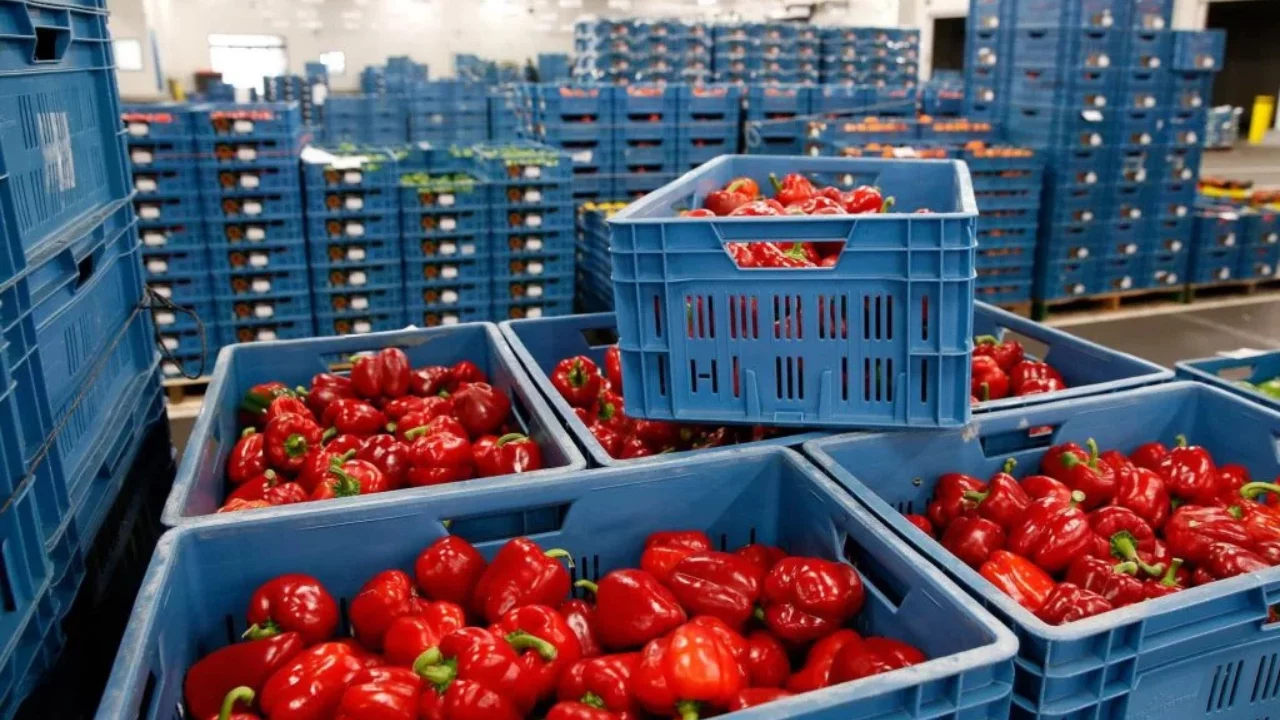Uzbekistan begins to focus its exports on Europe

In recent years, Uzbekistan’s export policy has expanded and become oriented towards new markets, which is highly valued by experts. In particular, the positive changes in the export of agricultural products — especially fruits and vegetables — indicate that a new stage has begun in the country’s economy.
According to the Center for Economic Research and Reforms (CERR), between 2019 and 2024, Uzbekistan exported its fruit and vegetable products to 73 countries around the world. This is five countries more than in 2019.
This growth, first and foremost, reflects increased demands for quality standards, adaptation of products to international requirements, and improvement of the logistics system. Economists interpret this as Uzbekistan’s gradual entry into internationally competitive markets.
However, despite the expansion of export geography, nearly the entire volume of exports still falls to five main buyers. That is, the absolute majority of exports are directed to these leading countries.
By the end of 2024, the share of these five countries was 71.7%. For comparison, in 2022, this figure reached 83.8%, which was the peak.
According to analysts, Russia still remains the largest buyer. In 2024, 38.7% of the vegetables and fruits sent from our country went to this nation. Next in line were Pakistan — 13.5%, Kazakhstan — 12.6%. China — 8.9% and Afghanistan — 8% completed the top five.
Interestingly, the share of exports to CIS countries decreased from 69.4% to 57.7%. This shows that Uzbekistan is seriously focusing on other regional markets as well.
Notably, the share of exports to European Union countries rose from 2.1% in 2019 to 2.4% in 2024. While this may not seem like a large increase, it reflects growing attention to quality and the ongoing process of export route diversification.
The geographic diversification index calculated by CERR shows that the country’s exports are developing in a stable and expanding direction. This index evaluates how many different directions the products are being delivered to.
Every new country means a new market, a new standard, and new requirements. Since Uzbekistan is entering such demanding markets, it means that factors like product quality improvement, packaging standard upgrades, and the development of logistics and storage infrastructure are rapidly advancing in a correlated manner.
European markets are considered the most complex and selective in international trade. Their sanitary, phytosanitary, and environmental standards are very high. The fact that Uzbekistan meets these stringent demands is certainly a positive indicator.
Experts believe that by expanding promotional activities in the fruit and vegetable sector, establishing new partnerships, and simplifying certification procedures, export volumes can be increased even further. Especially if new strategies are developed targeting the export of organic products, the share in the European market could increase significantly.
In addition, modern approaches in logistics, agrotechnical advancements, and active participation in international exhibitions also play a crucial role in further expanding Uzbekistan’s "export map."
In conclusion, countries such as Russia, Pakistan, and Kazakhstan remain the top buyers for now. However, the geography of exports is gradually being renewed, and this process is driven by indicators such as quality, competitiveness, and compliance with international requirements. The steps towards the European market are not just statistics — they are a strategic move. Read “Zamin” on Telegram!
Ctrl
Enter
Found a mistake?
Select the phrase and press Ctrl+Enter 




















